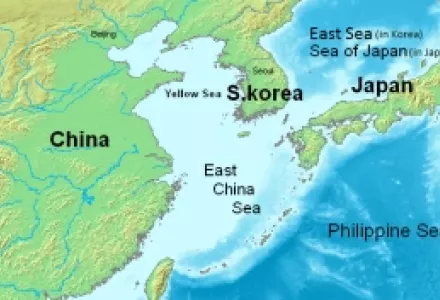Why do rising powers practice coercive diplomacy towards geographically proximate states during certain crises but not others? Existing theories of power transition have only looked into the likelihood of conflict or cooperation among great powers, but have failed to address the rising power's foreign policy behavior towards non–great power states. In addition, the scholarship has often overlooked the role of domestic political factors in explaining the foreign policy of rising powers. This seminar looks into how both external factors such as the balance of power between the rising and dominant powers, and internal factors such as the degree of domestic stability could matter in the rising power’s decision to escalate or de-escalate on territorial disputes with its neighboring states. In particular, the seminar will explore an elite-based theory of foreign policy, in which the range of opinion expressed by the rising power's elites could serve as an indicator of domestic stability. Focusing on rising China's behavior towards Japan and Korea, the seminar will suggest policy implications for the United States on managing its bilateral relations with states that border rising China.
Please join us! Coffee and tea provided. Everyone is welcome, but admittance will be on a first come–first served basis.


